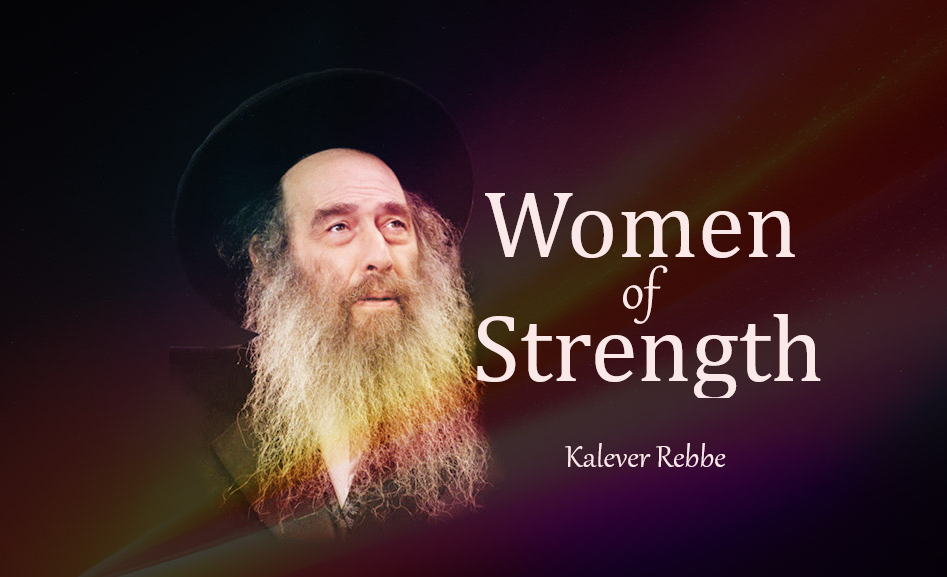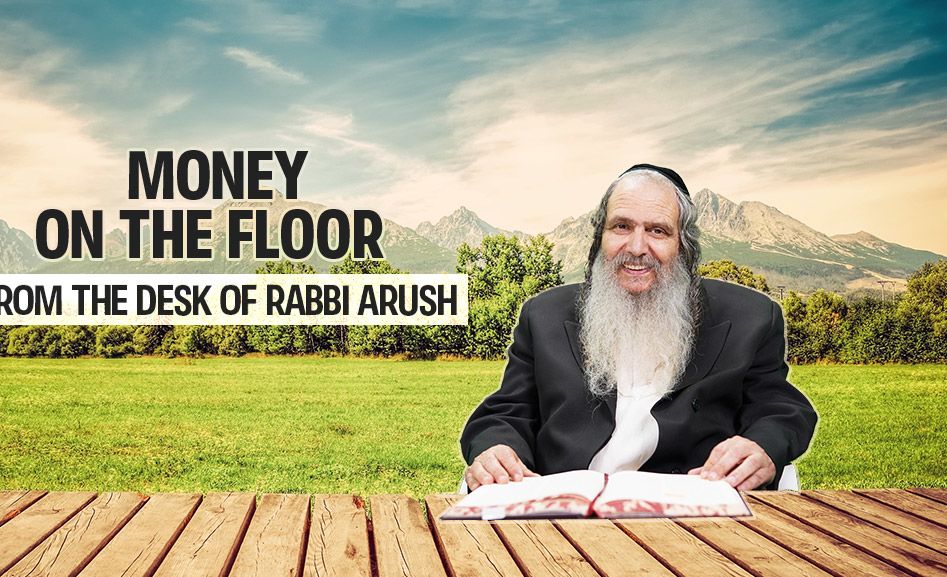
Brit and Bond
Many people think that to rectify and atone for past sins they need to be sad. The opposite is true: The first thing a person must do in seeking personal holiness is to work on being happy and optimistic at all times.

Our whole purpose during the Shovevim weeks is to get closer to Hashem. We enhance two aspects of our lives that are closely dependent on one another – joy and personal holiness. Both bring us to teshuvah.
Many people misinterpret the concept of teshuvah, or penitence. They think that in order to rectify and atone for sins of the past, they need to cry and be melancholy. They think that they’re obligated to persecute themselves for any tiny misdeed and unwholesome thought. The tzaddikim tell us, though, that the opposite is true: the path of teshuvah and rectification is the path of joy. The first thing a person must do in seeking personal holiness is to work on being happy and optimistic at all times. This is also the key to ascending the ladder of Divine service.
The Gemara teaches that without Divine assistance, no one can overcome the evil inclination. Rebbe Nachman goes a step further and writes that when a person strives to be happy, Hashem personally guards that person’s personal holiness, and by way of happiness, a person merits personal holiness. He adds that sadness not only doesn’t help, it just further ruins things (Likutei Moharan I:169).
Sadness and blemished personal holiness fuel one another to create a perilous downward spiral that is liable to lead to the deepest depression. The more a person is depressed, the more he blemishes his  personal holiness; and, the more he blemishes personal holiness, the more he gets depressed, Heaven forbid. Both depression and blemished personal holiness corrode a person’s connection to Hashem. Therefore, a person must do his utmost to find ways of maintaining his optimism and happiness all the time.
personal holiness; and, the more he blemishes personal holiness, the more he gets depressed, Heaven forbid. Both depression and blemished personal holiness corrode a person’s connection to Hashem. Therefore, a person must do his utmost to find ways of maintaining his optimism and happiness all the time.
Rebbe Nachman teaches that sadness is an emotion from the dark side and that Hashem despises sadness. And, since sadness comes from the dark side, it is the opposite of holiness. Consequently, only a person who maintains a joyful disposition can properly fulfill Hashem’s command of “You shall be holy” (Leviticus 19:2). So if a person is sad and depressed, what’s the point of all the Torah he learns and the mitzvot he performs, if they all fall into the hands of the dark side? Therefore, when a person feels the slightest bit of sadness and depression, he must put aside everything else and concentrate on rebuilding and restoring his happiness (see Likutei Moharan II:48).
Joy is the path to both teshuvah and to personal holiness. Both teshuvah and personal holiness require lots of prayer. One’s prayers should therefore be in joy.
One’s spiritual level is determined by one’s prayers, not by one’s prowess in learning. A person could be very learned, but a heretic at the same time. Some people learn for ulterior motives such as honor and self-aggrandizement, which certainly has nothing to do with holiness. Sincere prayer, on the other hand, especially prayer that’s fueled by joy and emuna, is a direct indication of holiness.
Without joy, a person can’t connect to Hashem! Joy is the way to connect with holiness, emuna, truth and humility. Joy is the key to fervent and sincere prayer. If a person wants to improve his character, he must be in a happy mode. When a person is happy, he can pray effectively. Sincere personal holiness requires extensive prayer; once again, joy is the key to personal holiness.
Simply speaking, joy is one’s connection to Hashem. Joy is not just a “something that’s nice to have” but a vital basic life tool. Sadness is the exact opposite. Sadness builds nothing – it only destroys. Sadness severs a person’s connection with Hashem. Therefore, a sad person cannot pray or make any other spiritual gain. The word for covenant in Hebrew, brit, also means bond or connection. Whereas rectified person holiness – tikkun habrit – creates a connection with Hashem, sadness destroys the connection and also leads to blemished personal holiness, pgam habrit.
To enhance your connection with Hashem, work on being happy! Listen to music, sing, dance, tell jokes or do whatever it takes to bring joy in your life. The more you’re happy, the more Hashem will help you. Despite the fact that we’ve been stressing the importance of devoting 30 minutes of our daily sixty-minute personal-prayer session to praying for help in guarding our eyes and attaining personal holiness, if a person doesn’t feel happy, he must immediately use that same time slot to begging Hashem for help in regaining happiness, for joy is the engine that propels our service of Hashem.








Tell us what you think!
Thank you for your comment!
It will be published after approval by the Editor.